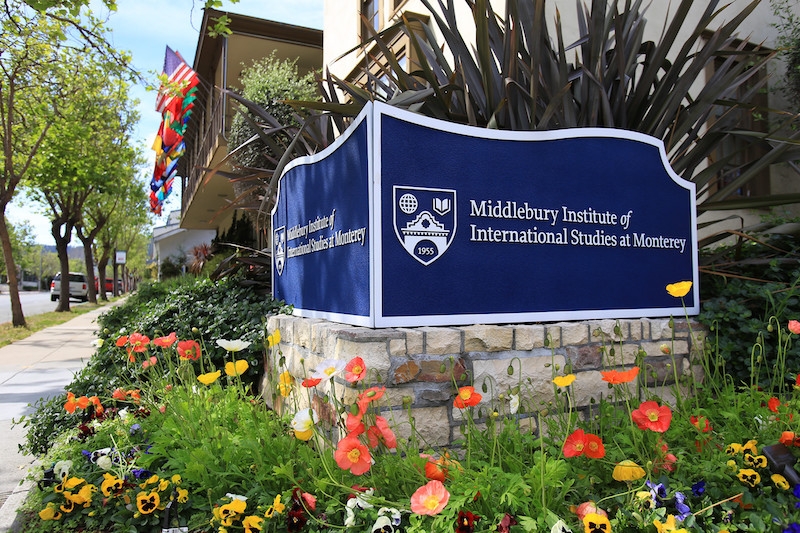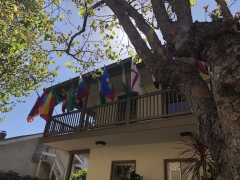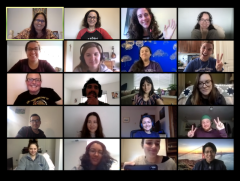Learning in Crisis: A Global Pandemic in the Classroom
| by Eva Gudbergsdottir
Middlebury Institute faculty have adjusted syllabi and teaching methods as a response to the global pandemic, at times incorporating the crisis directly into lesson plans.




